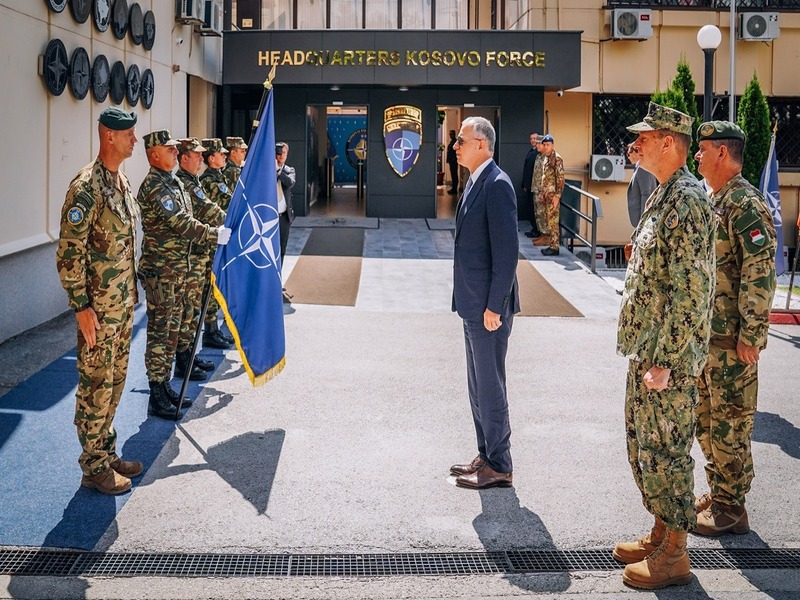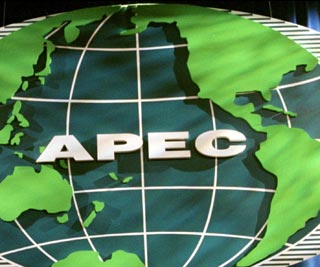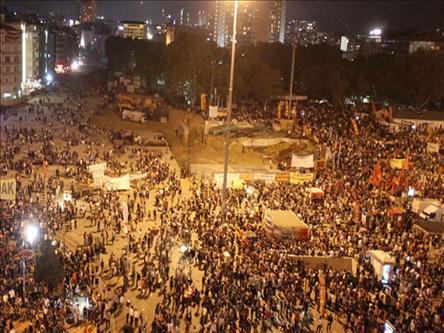In December 2018, a decade after gaining independence, Kosovo’s parliament passed legislation to transform the Kosovo Security Force (KSF) into a professional standing army. Kosovo increased its spending on national defence from 0.8 per cent of its GDP in 2018 to 1.35 per cent in 2022. This happened while Kosovo increased its external debt to 38 per cent of its GDP in 2020 compared to 30.5 per cent in 2018.
While Kosovo is straining its economy and ethnic tensions are rising, the country is getting closer to the 2 per cent security expenditure promised by Prime Minister Albin Kurti, equivalent to the required expenditure on defence by NATO members. Kosovo is set to increase its defence expenditure in the upcoming years. This is at the expense of lowering funding for certain social protection programs. The question remains whether the tradeoff in risking internal and external strife will be worth the increased spending on defence.
Domestic upheaval in Kosovo
Kosovo faces the challenge of balancing social cohesion and national defence. The main Serbian political party in Kosovo, Srpska Lista (Serb List), has opposed the militarization of the KSF since the topic first emerged. In 2017, then Kosovo President Hashim Thaçi condemned the Serb List by arguing that they “will never vote for the establishment of the Army of Kosovo,” and thus their actions were “an orchestrated attitude by the Belgrade government.” In the 2021 Kosovo parliamentary elections, Serb List won all 10 seats reserved for the ethnic Serbian population. The stance of Serb List on the militarization of Kosovo has not changed since.
Serb List’s view and the reaction by the Kosovo government reflect the political elements in Kosovo. The implications on social cohesion can be seen when ethnic Serbs in Kosovo recently protested. On July 21, 2022, ethnic Serbs in northern Kosovo fired shots at police in protest of Kosovar legislation that required those with Serbian identification cards to acquire additional identity documents. Protestors also set up roadblocks in northern Kosovo. Although tensions have since eased, in a move to emphasize the independence of the Republic of Kosovo, all licence plates in the country are required to switch from the prefixes of “KS” to “RKS” by October 31.
The current Kosovar administration still stands by its decisions to implement the changes in legislation, alongside the militarization of the KSF. In a recent statement, Prime Minister Kurti said that the “measures are in line with the constitution and laws, and are equivalent to measures Serbia has imposed for years on Kosovo’s citizens.” The challenges, however, remain despite Kurti’s reassurances.
NATO’s position
NATO’s Kosovo Force (KFOR) released a statement regarding the events on July 21, 2022 and affirmed that they are “strongly committed to security” and thus “ready to adopt necessary measures to keep Kosovo safe.” This is due to the strategic partnership between NATO and Kosovo, and how Kosovo plays a key role in preventing the balance of power in the Balkans from tipping in Russia’s favour. It becomes clear that KFOR is adopting a position that protects the delicate balance in the region.
This is a position that Kosovo in the future should uphold independently. Although KFOR’s presence is to provide security and maintain the status quo, it carries the risk of making Kosovo dependent on such intervention. As such, building up the KSF allows Kosovo to overcome the sense of dependency. When Kosovo first announced the militarization of the KSF, NATO was apprehensive. NATO secretary general, Jens Stoltenberg, then informed reporters that “the decision was made despite the concerns expressed by NATO,” and ultimately, “the North Atlantic Council will now have to re-examine the level of NATO’s engagement with the Kosovo Security Force.”
Looking back on NATO’s reaction to the militarization of KSF in 2018, it becomes apparent that NATO’s initial response was valid. It reflects the challenge NATO has been facing in Kosovo for years now: to expand the KSF and risk disturbing the already fragile balance of power in the Western Balkans or to maintain KFOR, maintain the status quo, and discourage any significant militarization of Kosovo’s forces. The balance of power was at stake with Serbian threats of military intervention, which validated NATO’s initial reaction.
It would be in Russia’s interest to reestablish a balance favouring them via Serbia in order to prevent Kosovo’s accession to NATO; in other words, to prevent NATO’s expansion. Examples seen in the accession processes of Montenegro and North Macedonia illustrate that NATO must tread carefully in Kosovo, and not provide Russia with an opportunity in the region. In Montenegro, the government accused Russia of attempting a coup and an assasination. In the case of North Macedonia, Orthodox priests in Greece were bribed by Russian diplomats to oppose North Macedonia’s accession to NATO.
Today, NATO has 3,700 troops stationed in Kosovo under its KFOR initiative. This is less than the 50,000 troops at the beginning of the establishment of the Republic of Kosovo more than a decade ago. NATO’s current goal in Kosovo is to implement the 2013 Agreement on Normalization between Kosovo and Serbia, which seeks to “help improve relations between both parties while giving momentum to the Euro-Atlantic integration of the Western Balkans.” NATO also prefers the recommendations of the NATO Advisory and Liaison Team (NALT), whose goal is to provide capacity-building support in strengthening Kosovo’s cyber security, emphasizing the role of public diplomacy and investment in science and technology, rather than expanding the KSF.
The challenges to Kosovo’s economy
Kosovo is a transitional economy, meaning the country is almost done moving from a centralized to a market economy. Out of the pandemic, Kosovo is experiencing a full economic recovery fueled by “private consumption, record growth in exports, strong credit growth, and a significant fiscal stimulus,” says the World Bank in a press release.
The economic recovery is not enough. The Central Bank of the Republic of Kosovo (BQK) announced that GDP growth in the second quarter of 2022 decelerated to 2.1 per cent. The World Bank suggests that the “prolonged impacts of recent external pressures may further deteriorate Kosovo’s economic prospects,” where the external pressure refers to the Russian invasion of Ukraine and the subsequent energy crisis. Although GDP growth is predicted to accelerate to nearly 4 per cent in 2023, it will take Kosovo another fews years to recover from the military spending happening today.
The reality of Kosovo’s current situation is that the economy has decelerated, but the focus has always remained the same: increased defence spending and NATO membership. The strengthening of the KSF is a pathway for NATO to eventually withdraw KFOR, and subsequently, allow Kosovo to be self-sufficient in security.
Photo: NATO Deputy Secretary General, Mircea Geoană, visiting KFOR on July 7, prior to the escalation of ethnic tensions on July 31 (2022), by North Atlantic Treaty Organization via flickr. Licenced under CC BY 2.0
Disclaimer: Any views or opinions expressed in articles are solely those of the authors and do not necessarily represent the views of the NATO Association of Canada.




